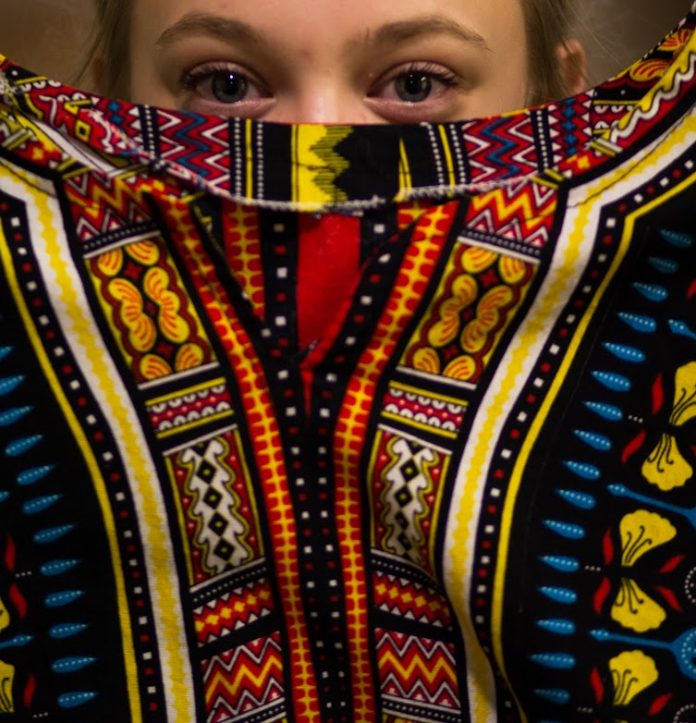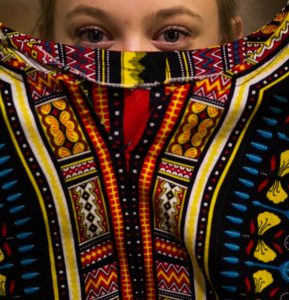

Let’s be honest here, we all know the answer to this question. I just wanted to use the question for a snappy title. You’re welcome. Now, I’m sure we’re all familiar with the concept of cultural appropriation (if you’re not, I don’t even know what to tell you and I hope you get a 0 in your class participation and your class participation grade is 50% of your final grade). But for those who are aware, cultural appropriation is evident across all ranges of mainstream society. It’s in our music, for we’ve witnessed Miley Cyrus embrace black culture through her music by featuring on hip-hop songs such as Mike Will Made It’s radio hit “23,” (which wasn’t that good anyway) only to do a full 180, bashing rap and hip hop music in an interview to return to her country/pop musical roots. Post Malone (although I like his music) even traded in his original country sound for some 808’s and a grill. But I won’t belabor this point. After all, this is a fashion column.
Let’s start with hair. This won’t be an article about the Kardashians, but that group of individuals is a gold mine for exemplar examples of cultural appropriation. A few years back, Kim Kardashian was often seen donning a hairstyle popularly dubbed as box braids. Social media platforms erupted as this new never before seen style flooded their feeds. But perhaps, Kim Kardashian’s take on box braids represents the epitome of the issue with cultural appropriation. People saw the box braids as a trendy new style when Kim Kardashian first donned it, but little did they know that box braids never went out of style in the black community. It conveys this idea that a style isn't relevant until white woman have finally caught on to it. And then, I’m burdened to laboriously scroll through my Instagram feed of white girls who think their ahead of the fashion game (For real?). Please, go on Youtube and marvel at the plethora of braiding tutorials that black girls have been posting for years and maybe understand even a sliver of what I’m trying to convey. I could even go into the deeper issues regarding cultural appropriation and their relation to the Kardashians, for the internet sensations have suddenly made large posteriors and full lips a coveted physical characterization in women. But alas, I am restricted by a word limit and am in danger of offending the greater DePauw community. After all, the Kardashians are not the only source of cultural appropriation. And on the plus side, one of them is married to one of the greatest music artists of all time (Please argue with me, I dare you).
Although the Kardashians are a prime example of cultural appropriation, clothing companies are also responsible for facilitating such concepts. For instance, a few years ago, Urban Outfitters, a clothing company popularly known for appealing to trendy “hipsters” (For real?) had a “tribal t-shirt” in their inventory, which was really just a dashiki print on a t-shirt. For those who don’t know, a dashiki is garb that comes from West Africa. Initially worn as workwear for men, the colorful patterns that embellish dashikis has made the tunic popular in modern fashion. Look it up. I’ll wait. Anyway, the “tribal t-shirt” from Urban Outfitters had white boys walking around with dashikis on like it was a hot new trend. I’ve even seen this on campus. But the one guy I did see wearing a dashiki last semester stopped wearing it after a few months into the school year. I guess somebody put him in check.
I write all of this potentially triggering text to explain that trends are ok. Some styles are popular one day and then old news the next. Fashion is ever evolving and change should be welcomed in regards to how people dress. In fact, fashion is a form of expression and represents the thought processes of others who design clothing. So in a way, fashion can represent an evolution in thought. The only problem is when supposedly new thoughts are reflections of already established ideas and even worse, when these thoughts are passed on as original. So please, to those who want to wear box braids, go ahead. After all, it is your hair and you can do whatever you want with it. But you should respect the style’s origins and understand the implications of your fashion choice. Most importantly, you should not act as if the style is your own. Unfortunately, I can’t say the same for dashikis. Oh well.
IP.S If you want to read more about cultural appropriation, check out the article about it on Her Campus’s page. It’s pretty cool.
